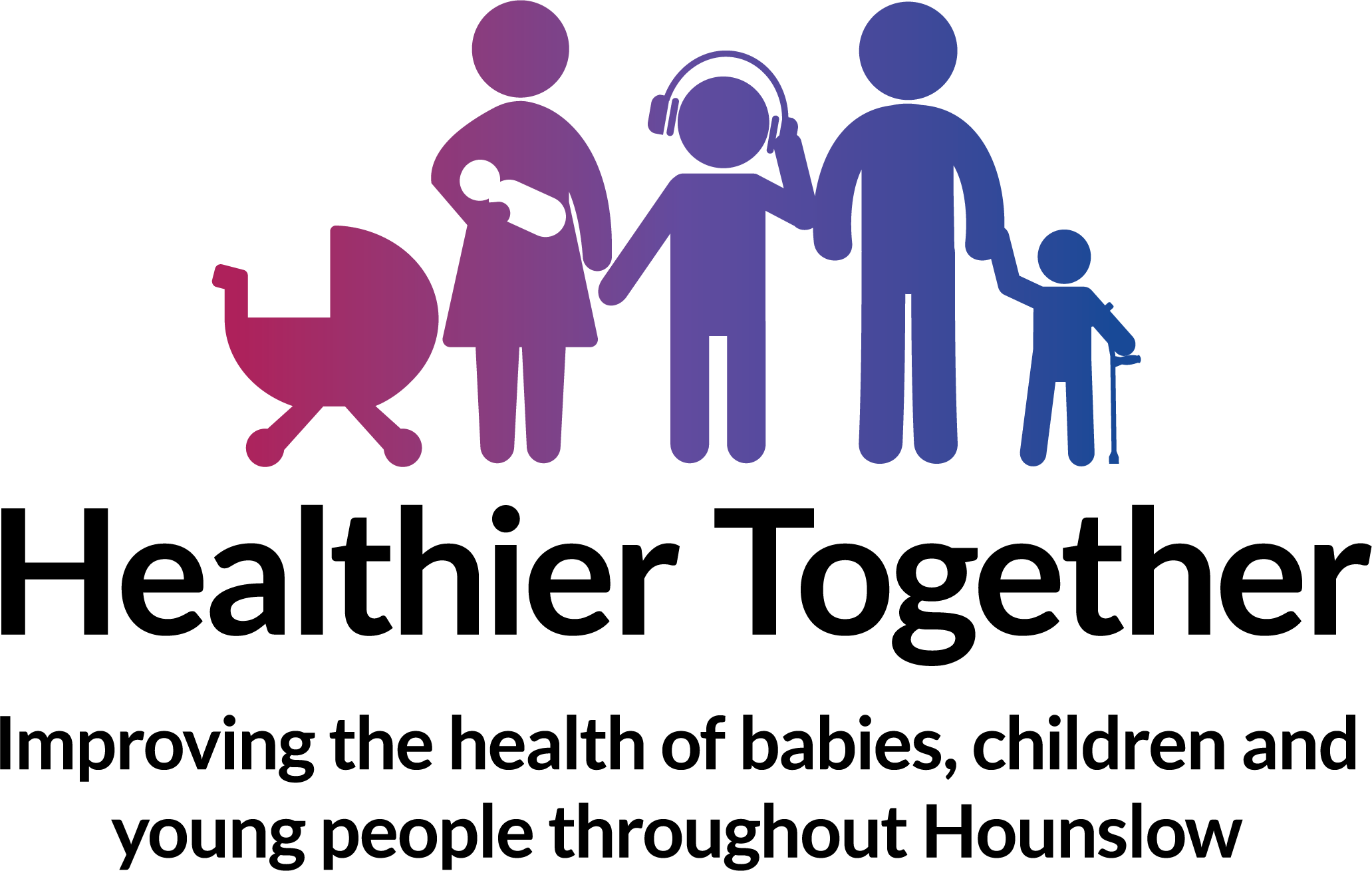Online safety
4 tips for staying safe online from Health for Teens:
- Accepting friend requests, it’s not a good idea to add people you don’t know
- Sometimes people you meet online can change your views and opinions. Don’t be part of an online community that you find negative
- Think about what you’re posting and remember the golden rule: don’t share anything you wouldn’t want your gran to see!
- Don’t meet somebody you don’t know. You can never really know what someone is like just through their online character
Online safety the 5 Ps
The internet is a huge part of everyday life and you probably feel like you couldn’t live without it! These tips will help you stay safe online and protect you from harm:
- Passwords
- Privacy settings
- Personal information
- Profiles
- Padlock symbol
Cyber bullying
Cyber bullying is a form of bullying where digital technology is used.
You could experience cyber bullying via your phone, through social media platforms, when you’re gaming or when playing on your computer.
Remember these key points:
- Cyber bullying should be taken just as seriously as face-to-face bullying
- Cyber bullying can affect someone’s emotional health
- Cyber bullies can often cause distress to their victims by sending comments, videos or images to a person without their consent
- Cyber bullies may also try and hack into personal accounts to cause further harassment
- Cyber bullies like control and may ask you to do things you may not feel comfortable with
If you are a victim of cyber bullying it is important that you speak out and seek advice and support. To get help or if you want more advice, please use the following links:


